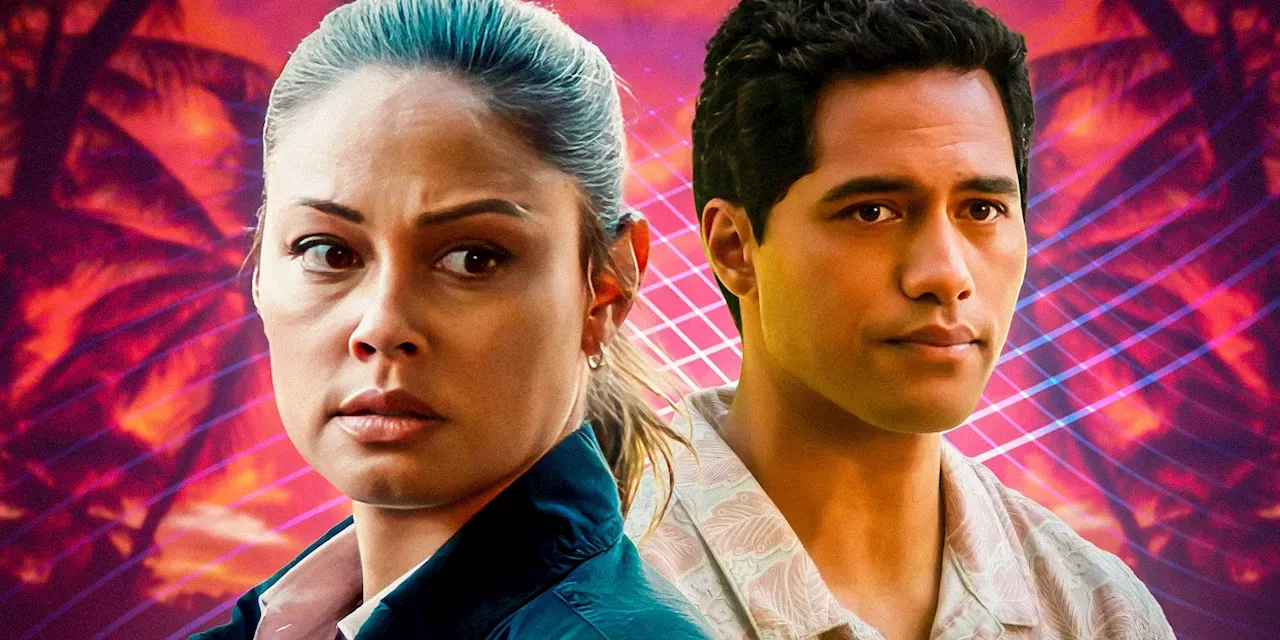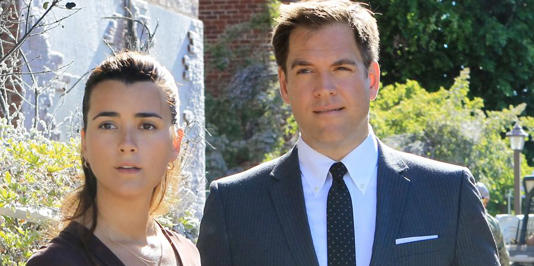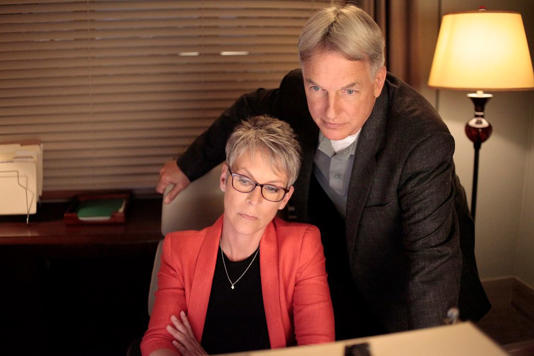Even months after its abrupt ending, the controversy surrounding the cancelation of *NCIS: Hawai’i* continues to generate buzz. CBS launched the series in 2021, introducing Vanessa Lachey as Jane Tennant, the first female and Asian-American lead in the *NCIS* franchise. This groundbreaking character added a fresh perspective to the police procedural, which has been a television mainstay for over two decades.
The *NCIS* franchise has grown into a massive empire with eight spinoffs, each offering unique stories and characters. However, the sudden end of *NCIS: Hawai’i* left fans with many unanswered questions, particularly regarding Jane Tennant’s unresolved storyline. In the final episode, Jane returned home from a celebration only to find her former mentor, Maggie Shaw, waiting on her couch instead of her daughter, Julie. Maggie ominously told Jane to sit down before delivering some important news, and then the episode—and the series—ended. This cliffhanger was a deeply unsatisfying conclusion for a show that would never get the chance to reveal Maggie’s secret.
The frustration surrounding the cancelation is heightened by knowing that the unresolved storyline was meant to tie back to Jane’s complicated relationship with her mother. Season 3 had begun to delve into this aspect of Jane’s past, exploring the emotional scars left by her mother’s abandonment. Vanessa Lachey even shared on *The Talk* that the series was set to further explore this theme, which resonated deeply with her own personal experiences. The cancelation not only robbed fans of a resolution but also prevented what could have been a powerful exploration of Jane Tennant’s character and history.
Given this context, the decision to cancel *NCIS: Hawai’i* feels even more disappointing. If the final scene had been cut or resolved differently, it might have lessened the frustration. Instead, the unresolved storyline only adds to the sense of loss for a series that had so much more to offer.










